Election 2015: Lib Dems pledge £2.5bn healthcare fund
- Published
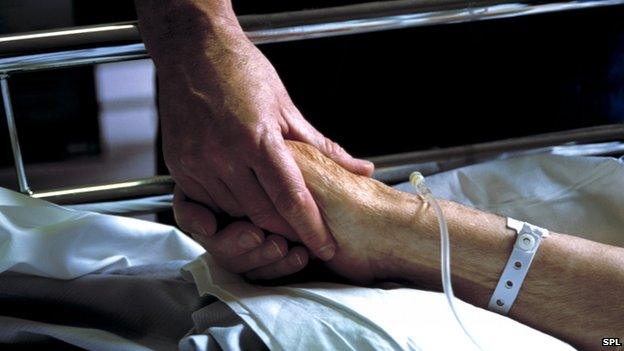
The Lib Dems have set out plans for a £2.5bn healthcare fund to alleviate pressure on hospitals in England.
The aim is for improved GP access, a wider range of services at doctor surgeries and better healthcare in nursing homes.
The money would come from the £8bn extra a year the party has promised to spend on health care by 2020.
Leader Nick Clegg said it would stop people unnecessarily "languishing" in hospital beds.
Announcing the party's policy during a visit to a care home in his Sheffield Hallam constituency, he said the aim was to help people to stay healthier for longer at home.
'Problems elsewhere'
The plan would involve GP surgeries working together to provide care traditionally given in hospitals.
Patients could also be prescribed social activities including fishing or cookery classes to help their wellbeing.
Health and care
Lib Dems
Main pledges
- Increase real terms NHS funding at least £8bn a year by 2020, starting with an extra £1bn a year until 2018
- Integrate health and social care budgets
- £3.5bn extra for mental health
- That includes £1.25bn for children and teenagers and £250m for pregnant women and new mums with depression
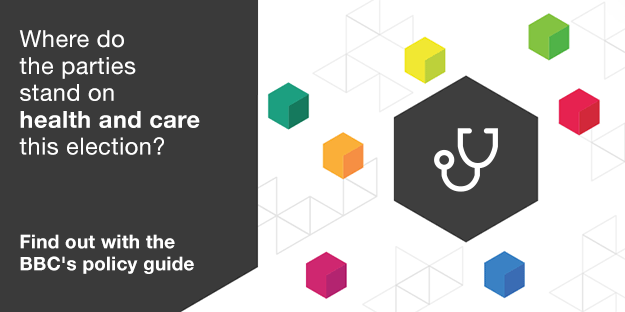
"The simple idea is we need to keep people healthier in residential homes like this, we need to keep people healthier in their own homes and in their communities rather than having people always having people put into hospital and then languishing in hospital beds for too long," Mr Clegg said.
"That's what the Care Closer to Home Fund will be all about... it would allow doctors to come to homes like this to make sure that if someone with dementia needs something for a chest infection they don't have to go to hospital, they could be treated here."
Mr Clegg said the pressure on hospitals was "often symptomatic of problems elsewhere in the NHS".
"Our older people can't get discharged because they don't have a care home place or their home hasn't been properly adapted. Mums and dads face having to take their child to A&E because the GP is closed."
Norman Lamb, the Lib Dem care minister, told BBC News: "Let's allow the local area to determine how best to join up care with a much greater focus on preventing ill health and preventing a deterioration of health and that involves, you know, extending GP opening hours, making it easier for you to consult with your GP through email and through Skype.
"These are all things that are working in many areas, but we need to make it available everywhere."
Care Minister Norman Lamb says the new plans focus on "preventing ill health"
'Down payment'
The NHS is a key election issue, with much political debate about the performance of the service and its sustainability in the future.
Last year NHS England's chief executive, Simon Stevens, published a "Five Year View" for health service, which called for an extra £8bn a year above inflation to be spent by 2020 to plug a £30bn funding gap.
The Lib Dems are the only major party to have committed to the extra spending.
Chancellor George Osborne has pledged to put an extra £2bn into frontline health services across the UK, which he described as a "down payment" on the plan. And David Cameron has said he is "confident" the Stevens plan could be met in full.
Labour has said it would commit an extra £2.5bn a year above Mr Osborne's plan, paid for by a "mansion tax", a clampdown on tax avoidance by big corporations and a new tax on tobacco companies.
Meanwhile, UKIP wants to fund the NHS by an extra £3bn a year, which it would fund by leaving the EU and cutting "middle management".
The Greens have said they want to protect public funding of the NHS.
- Published4 April 2015
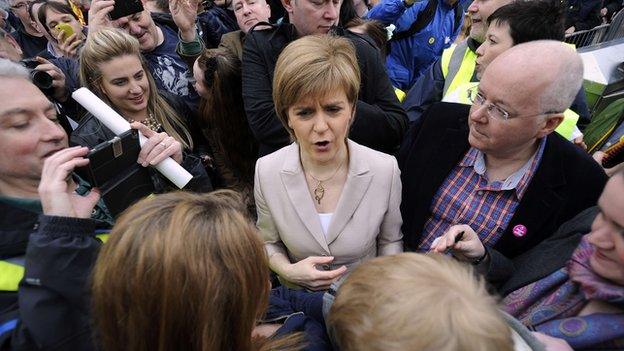
- Published3 April 2015
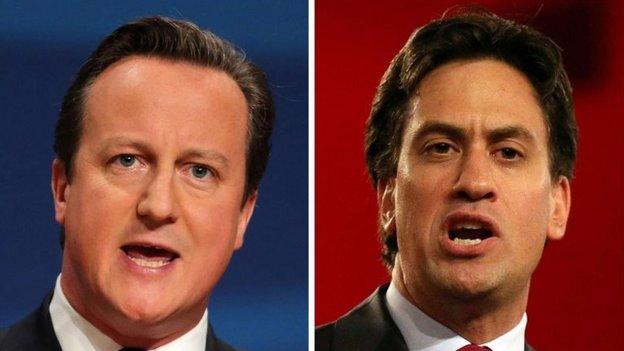
- Published2 April 2015
- Published6 January 2015
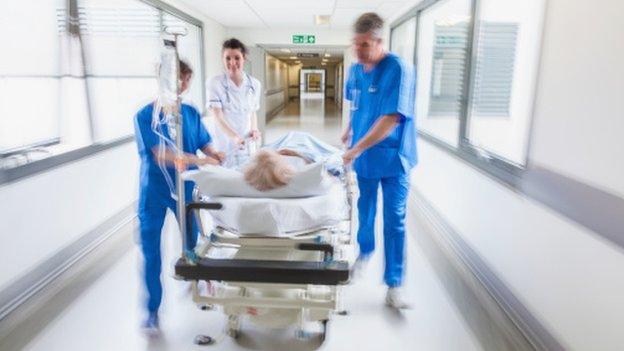
- Published4 February 2015
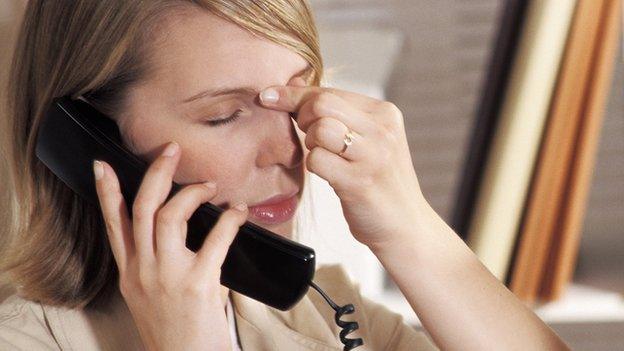
- Published23 October 2014
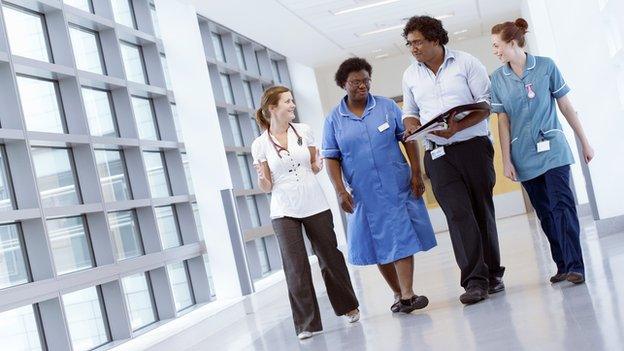
- Published11 March 2015